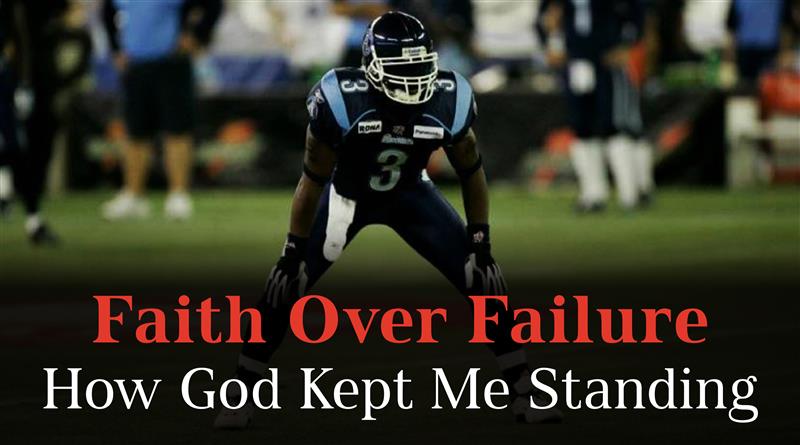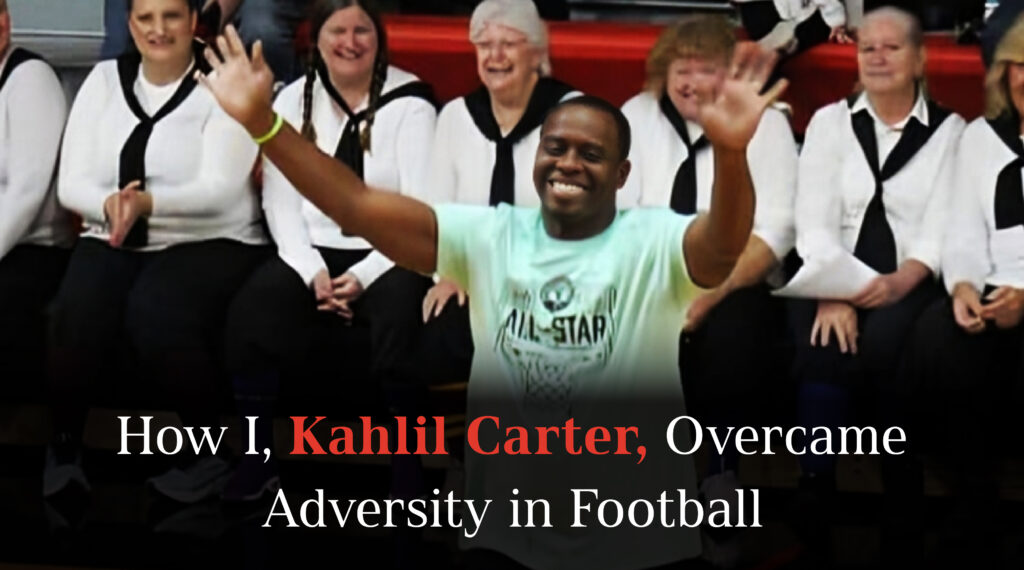Introduction
As I reflect on my journey from the football field to the sidelines, one truth stands out: mentoring young athletes has been the most rewarding chapter of my life. In The In Crowd: Life, Legacy, Leadership, I share how my experiences as a player and coach shaped my approach to guiding the next generation. After retiring from professional football at 33, I found purpose in coaching, not just to teach plays but to mold character, instill resilience, and inspire dreams. Mentoring young athletes isn’t about creating superstars; it’s about helping them navigate life’s challenges with integrity and grit. In this post, I’ll share the key lessons I learned mentoring young athletes, drawn from moments of triumph and struggle, and how these experiences deepened my understanding of leadership and faith.
Listening Builds Trust
One of the first lessons I learned mentoring young athletes was the power of listening. Early in my coaching career, I thought my job was to deliver wisdom—share my playbook, correct mistakes, and push for excellence. But I quickly realized that young athletes don’t just need a coach; they need someone who hears them. I recall a 17-year-old player, Marcus, who seemed distracted during practice. Instead of reprimanding him, I pulled him aside and asked what was going on. He opened up about family pressures and his fear of failing. That conversation changed everything. He wasn’t just a player; he was a young man carrying a heavy load.
In The In Crowd, I wrote, “A coach’s voice matters, but a coach’s ear builds bridges.” Listening created trust with Marcus, and he went from disengaged to one of the team’s most dedicated players. This taught me that mentoring starts with understanding—knowing their fears, dreams, and struggles. By listening, I could tailor my guidance to their needs, whether it was extra drills to boost confidence or a pep talk about perseverance. This lesson reshaped my approach: a mentor’s job is to meet athletes where they are, not where you expect them to be.
Resilience Is Taught Through Example
Another lesson I learned mentoring young athletes is that resilience isn’t just taught through words—it’s modeled through actions. During my playing days in the CFL and arena football, I faced setbacks: injuries, roster cuts, and moments when I doubted my path. Those experiences became my teaching tools as a coach. I remember a season when our team lost three games in a row. The players were discouraged, and the younger ones especially felt defeated. Instead of focusing on the scoreboard, I shared a story from my career when I was cut from a team but kept training, believing my chance would come.
As I noted in The In Crowd, “Setbacks don’t define you; they refine you.” I showed my players that resilience means showing up, even when the odds feel stacked against you. I encouraged them to focus on effort—extra reps, film study, teamwork—rather than just wins. One player, Jamal, took this to heart. He wasn’t the most talented, but he became our hardest worker, earning a starting spot by season’s end. Mentoring young athletes taught me that leading by example—showing grit in tough moments—inspires them to push through their own challenges. It’s not about preaching resilience; it’s about living it.
Faith and Purpose Ground Success
Mentoring young athletes also deepened my understanding of how faith and purpose shape success. Growing up, I leaned on my faith to navigate life’s uncertainties, and as a coach, I saw how young athletes craved that same anchor. Many of my players faced pressures—school, family, or the temptation to chase quick fame. I made it a priority to show them that success isn’t just about trophies; it’s about living with purpose.
One moment stands out: a player named Tyler was on the verge of quitting football to chase a risky path with friends. I invited him to talk after practice, and we discussed his goals. I shared how my faith kept me grounded during my career’s highs and lows, giving me clarity to retire and coach with intention. In The In Crowd, I reflected, “Faith isn’t just belief; it’s the compass for your choices.” I didn’t preach to Tyler, but I encouraged him to think about his “why”—why he played, what he wanted from life. That conversation shifted his perspective. He stayed with the team, graduated high school, and pursued college football.
This lesson reinforced that mentoring is about planting seeds of purpose. Whether through faith, values, or personal goals, I learned to guide athletes toward a bigger picture, helping them see that their worth extends beyond the field.
Leadership Means Serving Others
The final lesson I learned mentoring young athletes is that true leadership is about serving others, not seeking glory. As a player, I chased personal accolades, but as a coach, I discovered that my impact came from putting my players first. This hit home during a tough season when our team struggled with injuries. Instead of pushing the starters harder, I focused on developing the bench players, giving them extra coaching and encouragement. One of those players, Chris, stepped up in a crucial game, making a game-saving tackle. His growth wasn’t just about skill; it was about the confidence I helped him build.
In The In Crowd, I wrote, “A leader’s legacy is the lives they lift.” This experience taught me that mentoring is selfless. It’s about seeing potential in every athlete, even the overlooked ones, and investing in their growth. Whether it was staying late to review film with a struggling player or celebrating small victories with the team, I learned that servant leadership creates a culture of trust and growth. This approach not only improved our team’s performance but also left a lasting impact on the athletes’ lives.
Conclusion
Mentoring young athletes has been a journey of growth, not just for them but for me. Through listening, modeling resilience, grounding them in faith and purpose, and embracing servant leadership, I’ve learned that coaching is about shaping lives, not just winning games. These lessons, woven into the pages of The In Crowd: Life, Legacy, Leadership, reflect the heart of my story—a retired player turned coach, driven to guide the next generation. As I continue this work, I’m reminded that every conversation, every practice, and every moment of encouragement is a chance to leave a legacy. To any coach or mentor reading this, know that your impact goes beyond the field—it’s in the lives you inspire, the resilience you foster, and the purpose you help young athletes find.


